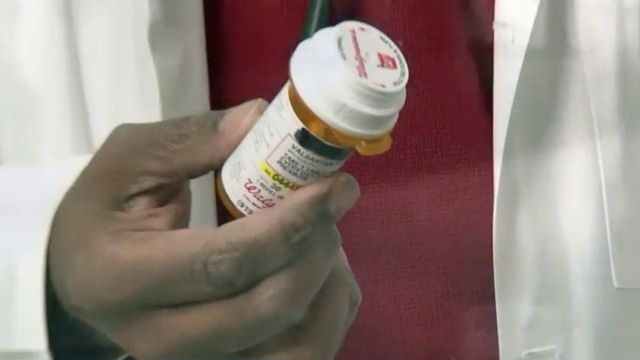Mask: Most medications remain safe, effective after expiration date
Over-the-counter and prescription medications have expiration dates stamped on them, but when that date passes, it doesn't necessarily mean the drug has gone bad.
Posted — UpdatedOver-the-counter and prescription medications have expiration dates stamped on them, but when that date passes, it doesn't necessarily mean the drug has gone bad.
A law passed in 1979 required drug manufacturers to stamp expiration dates on their products signaling the date by which they still guarantee the drug's full potency and safety.
According to an article published in Psychopharmacology Today, at one time the military typically tossed out and replaced it's drug stockpiles every few years, but then they requested an Food and Drug Administration study on the matter.
The FDA found that 90 percent—or more than 100 over-the-counter and prescription medications—were perfectly good to use even 15 years after the expiration date.
The study showed the expiration date stamped on a medication does not indicate that the drug is no longer effective or unsafe.
There are some exceptions, however: Nitroglycerin, insulin and liquid antibiotics all go bad after the expiration date. Most oral medications, though, last well beyond their expiration date.
Keeping medications in a cool place will help it stay at full strength for many years.
If it is important to you that your drug is 100 percent effective after the expiration date, buy a new bottle.
• Credits
Copyright 2024 by Capitol Broadcasting Company. All rights reserved. This material may not be published, broadcast, rewritten or redistributed.





